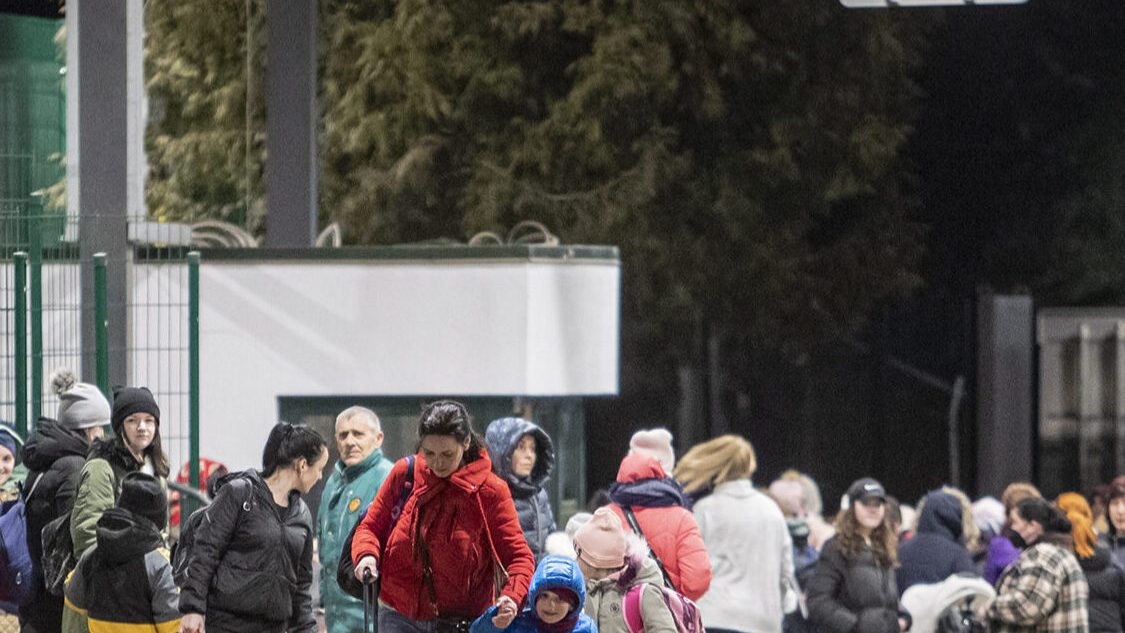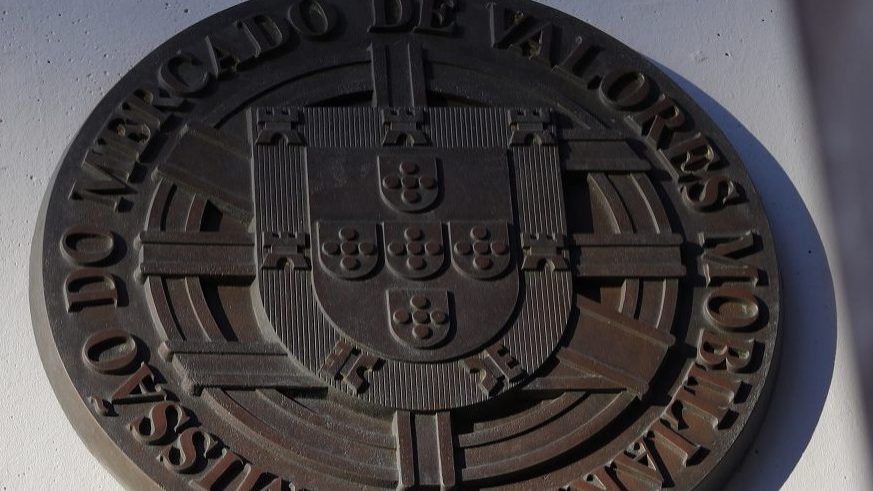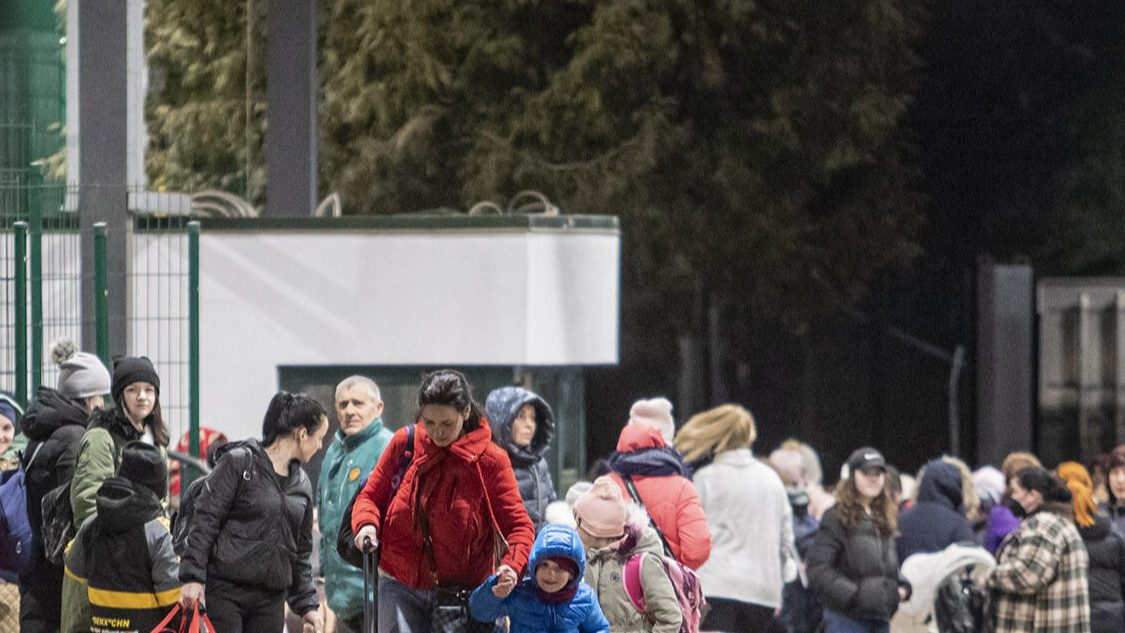China’s stance on Ukraine to have ‘important impact’ on future relations
Portugal's defence minister stated that China's stance towards the war in Ukraine will have an "important impact" on future relations.
The defence minister on Monday warned that China’s stance towards the war in Ukraine will have an “important impact” on future relations, considering that the new world order will be guided by the balance between economic integration and “geopolitical trust”.
“The decisions that China will take in the face of this flagrant and brutal violation of international law will have an important, long-term impact on the necessary dialogue with this country,” said João Gomes Cravinho.
The Minister was speaking, via a pre-recorded message, at the conference “The Invasion of Ukraine”, organised by the Lisbon-based Calouste Gulbenkian Foundation, and in which personalities such as the former Prime Minister and President of the European Commission between 2004 and 2014, Durão Barroso, the former High Representative of the European Union for Foreign Affairs and Security Policy Catherine Ashton and the President of Portugal, Marcelo Rebelo de Sousa, also participated.
In the speech, delivered in English, Gomes Cravinho said that the European Union (EU) wants to “avoid a world of closed blocs”, but stressed that with the war in Ukraine it has become “clear that the naive model of a world that would suddenly have become safe through globalisation will have to be replaced by an order in which there will be a balance between international economic integration and geopolitical confidence”.
“There is much work to be done to imagine and renegotiate a world order,” he stressed.
In his view, the “return of war” to Europe – which he described as “a turning point in history” – creates “challenges” and “implications” for the future of the EU, particularly as it has shown the “precarious nature of peace” and proved that “Europeans can no longer ignore the lessons of centuries of history”.
In this sense, Gomes Cravinho stressed the need for Europe to provide itself with the “means to protect and promote” its values and argued that peace “requires military capabilities and close partnerships with like-minded countries around the world”.
“Otherwise, our values, our interests, our lives, will be at the mercy of any aggressive tyrant with powerful Armed Forces,” he said.
Bridging the gap with investment in Defence, the Minister noted that “European countries are already investing significantly” but stressed the need to “invest more and better”.
According to Gomes Cravinho, “a stronger defence of the European Union does not erode NATO, on the contrary”, considering that, “in a context where strategic challenges are arising in other parts of the world”, Europeans should assume “more responsibility for their security”.
He also criticised Russian President Vladimir Putin, whom he accused of being the sole guilty party in the conflict in Ukraine, a conflict unleashed “after months of lies and disinformation”.
“We will have to talk to Russia, but the breach of trust will not be overcome easily or quickly. Russia will have to take responsibility for the consequences [of war],” he stressed.
On February 24, Russia launched a military offensive in Ukraine that has caused at least 902 deaths and 1,459 wounded among the civilian population, including more than 170 children, and caused the flight of more than 10 million people, including more than 3.3 million to neighbouring countries, the latest UN figures indicate.
According to the UN, some 13 million people are in need of humanitarian assistance in Ukraine.
The Russian invasion was condemned by the international community in general, which responded by sending arms to Ukraine and strengthening economic and political sanctions against Moscow.


